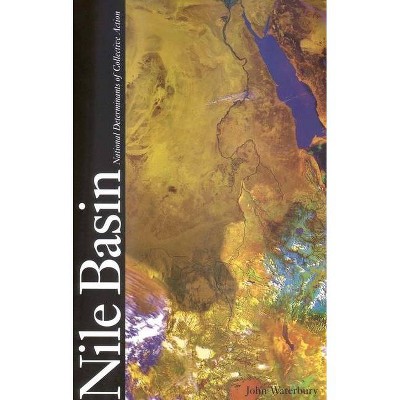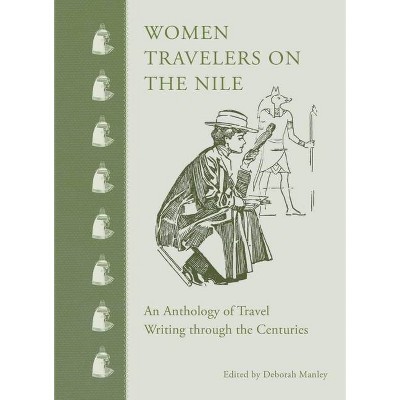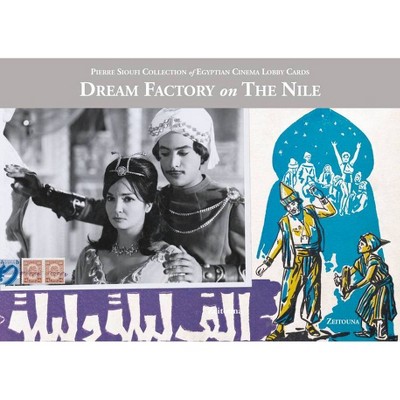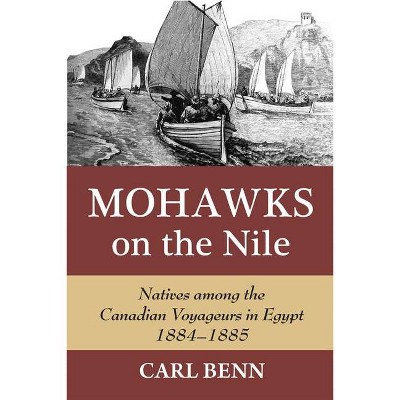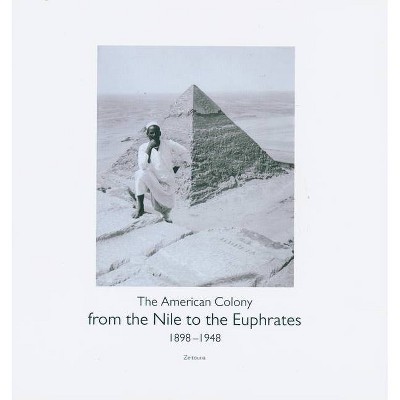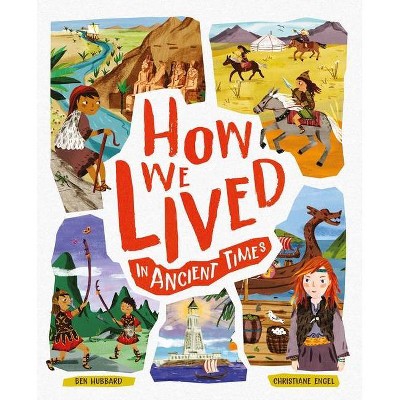The Lived Nile - by Jennifer L Derr (Hardcover)
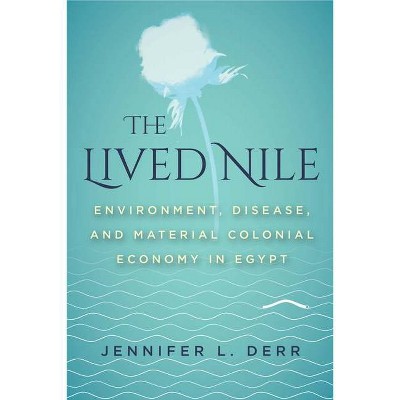
Similar Products
Products of same category from the store
AllProduct info
<p/><br></br><p><b> Book Synopsis </b></p></br></br><p>In October 1902, the reservoir of the first Aswan Dam filled, and Egypt's relationship with the Nile River forever changed. Flooding villages of historical northern Nubia and filling the irrigation canals that flowed from the river, the perennial Nile not only reshaped agriculture and the environment, but also Egypt's colonial economy and forms of subjectivity.</p> <p>Jennifer L. Derr follows the engineers, capitalists, political authorities, and laborers who built a new Nile River through the nineteenth and early twentieth centuries. The river helped to shape the future of technocratic knowledge, and the bodies of those who inhabited rural communities were transformed through the environmental intimacies of their daily lives. At the root of this investigation lies the notion that the Nile is not a singular entity, but a realm of practice and a set of temporally, spatially, and materially specific relations that structured experiences of colonial economy. From the microscopic to the regional, the local to the imperial, <i>The Lived Nile</i> recounts the history and centrality of the environment to questions of politics, knowledge, and the lived experience of the human body itself.</p><p/><br></br><p><b> Review Quotes </b></p></br></br><br>Situated at the intersection of the history of science, the history of medicine, and the history of the body, as well as environmental history and the history of technology, <i>The Lived Nile</i> stands out for the way it brings science and technology studies into conversation with the social and political history of the Middle East. This is an important undertaking, and a great deal of work still remains to be done before our field truly reflects what a global phenomenon the practice of science became in the modern world. Derr's book offers a timely contribution in this regard, bringing archival depth and conceptual rigor to her study of a part of the world that deserves far more attention among science studies scholars. This, in addition to its empirical richness and analytical rigor, should make it required reading for scholars interested in the global history of science, the relationship between science and capitalism, and the intersection between knowledge, the environment, and the state.--Lukas Rieppel "Brown University, <i>Isis: A Journal of the History of Science Society</i>"<br><br><i>The Lived Nile</i> offers a creative and smart account of a river and a nation, fluidly braiding together a history of labor, disease, and political economy, brimming with keen insight and filled with unexpected turns.--Gregg Mitman "University of Wisconsin-Madison"<br><br><i>The Lived Nile</i> offers a highly original synthesis of environmental and political history. Jennifer Derr shows how the remaking of the Nile River in the colonial period remade the very bodies of the country's political subjects.--Timothy Mitchell "Columbia University"<br><br>A brilliant book, <i>The Lived Nile</i> captures the complexities and unintended consequences of experts intervening in a river's flow--and the displaced and diseased bodies that result--in a most compelling story. This is history at its best.--Beth Baron "author of <i>The Orphan Scandal: Christian Missionaries and the Rise of the Muslim Brotherhood</i>"<br><br>Jennifer Derr has written an innovative and well researched study....The book is concise, well organized, and a pleasure to read. It will interest medical historians and geographers as well as specialists in Egyptian and African history. The illustrations are well selected, and the bibliography is useful. With a massive new dam rising on the Blue Nile in Ethiopia, the book could not be timelier.--Nancy E. Gallagher "<i>Bulletin of the History of Medicine</i>"<br><br>The Nile River has sustained Egypt's material economy for millennia, a role Derr argues has continued into the colonial era, though subject to external considerations. Egypt's integration into the British imperial economy as a producer of sugar and cotton, combined with the poverty of its landowning class, reshaped the material culture of the river. Highly recommended.--S. L. Smith "<i>CHOICE</i>"<br><p/><br></br><p><b> About the Author </b></p></br></br><b>Jennifer L. Derr</b> is Associate Professor of History at the University of California, Santa Cruz.
Price History
Price Archive shows prices from various stores, lets you see history and find the cheapest. There is no actual sale on the website. For all support, inquiry and suggestion messagescommunication@pricearchive.us
